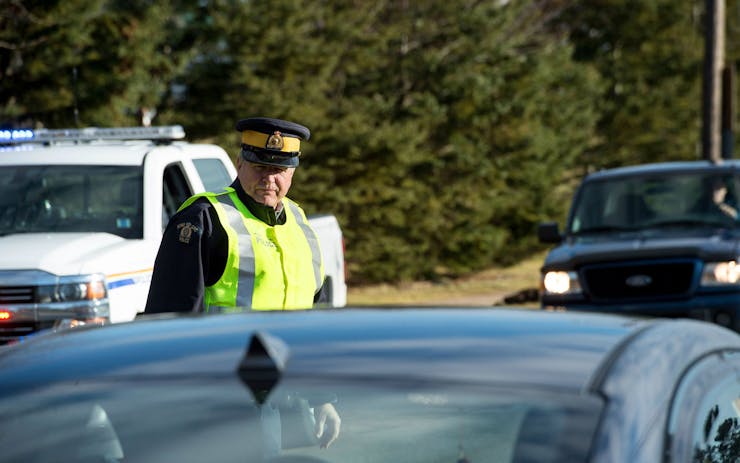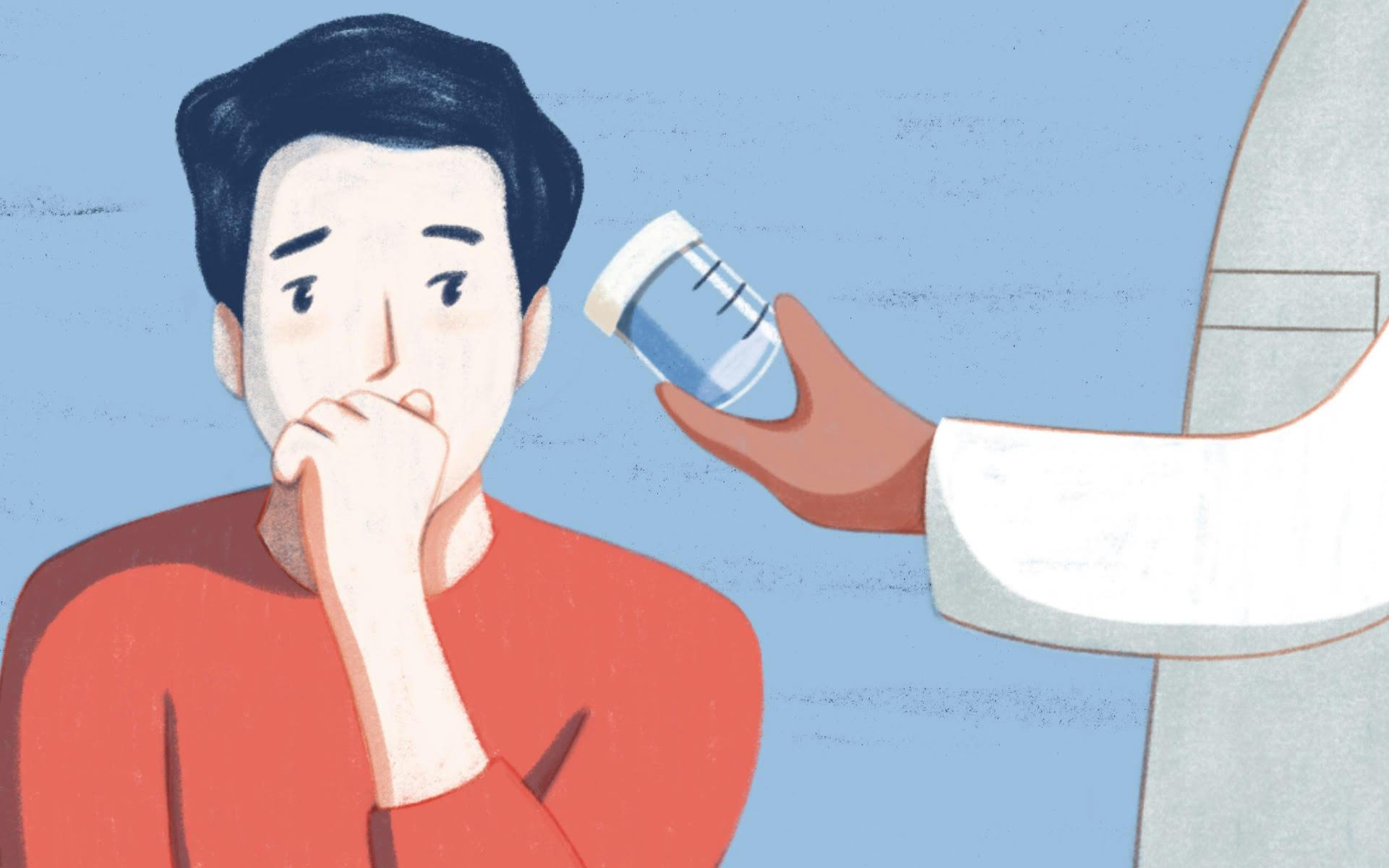HALIFAX – A lawyer for a Nova Scotia motorist whose license was suspended after her saliva tested positive for cannabis says his firm will use the case to launch a constitutional challenge of Canada’s revamped impaired driving laws.
Jack Lloyd says Michelle Gray’s case shows the law is too broad and too vague, mainly because she was penalized even though police testing later determined she was not impaired.
“The argument is that you’re going to be having people lose their liberty—Michelle was arrested and her personal liberty was taken away from her—and it turned out that she was not guilty of anything,” Lloyd said in an interview Thursday.
“The government’s concern (about cannabis) is overzealous and that’s resulting in harms and loss of liberty for people like Michelle, who are law-abiding and would never dream of driving while impaired.”
Gray uses medically approved cannabis to treat symptoms of multiple sclerosis.Join the Leafly Canada Community“It’s alarming that these people have so much power, so much leeway to use it at their own discretion,” she said, referring to the RCMP.
Gray said she told police conducting a roadside check in January she had one alcoholic drink over a two-hour period before she got in her car to drive from downtown Halifax to her home in suburban Middle Sackville.
The officer then said he could detect the smell of cannabis coming from her car. That’s when Gray told him she used medical cannabis to treat her MS.
Though Gray passed a roadside alcohol test, a subsequent saliva test showed trace amounts of tetrahydrocannabinol, or THC, the psychoactive ingredient in cannabis.
She was arrested and taken to police headquarters, where she was subjected to a 12-step Drug Recognition Expert Evaluation, which includes balance and memory tests.
“Balance is an issue with my MS… (and) I do have a lot of cognitive issues with short-term memory,” said Gray, adding that she repeatedly reminded the officers about her medical condition.
“During this whole time, my life is flashing before my eyes. I was worried about getting charged and fined.”
But that didn’t happen.
Police told her she had passed the tests, which proved she was not impaired.
However, the results from the initial saliva test prompted police to suspend her license for a week and impound her car—leaving her with a $400 bill. She also missed four days of work.
On Thursday, the RCMP admitted to making an error, confirming that Gray’s license should have been suspended for only 24 hours instead of a week.
Gray said the Mounties told her all RCMP officers in the province would now be warned against making similar errors. She said she appreciated the Mounties’ review of her case, but it’s not the police she’s challenging.
“I’m upset with our government for putting me in this position… The police don’t write bills and pass them. The government does,” she said.
Tom Singleton, who has practiced criminal law for 25 years in Halifax, said the problem is that the tests police use are too subjective. As well, traces of THC can remain in the body for up to a week after someone uses it.
“Cannabis is legal in Canada, and a lot of people take cannabis… for medical and other health reasons,” he said in an interview.
“Yet, the mere presence of cannabis in your body would allow the police to suspend your license… There’s way too much authority given to police officers … People don’t realize how draconian some of this stuff is.”
The roadside saliva tests, which require a machine called the Drager DrugTest 5000, were introduced by the federal government in August.
Guidelines on low-risk cannabis use endorsed by the Canadian Medical Association and other health organizations say people should not drive for at least six hours after using cannabis. But the wait time can be longer, depending on the user and the way the THC is consumed.
As well, those who use cannabis regularly are known to develop a tolerance to the drug, which means their impairment would be difficult to gauge through drug testing.
Lloyd, a Toronto-based lawyer with an expertise in cannabis, said his firm plans to file a legal challenge under Section 7 of the Charter of Rights and Freedoms, which deals with life, liberty and the security of the person.
He said lawyers across the country are contemplating similar cases.
“The situation Michelle was in may happen more frequently in some provinces, but it’s possible everywhere,” he said.
Under the new law, a driver’s license can be suspended and their car impounded in some provinces if tests show at least 0.2 nanograms of THC in a saliva sample.
“That limit has no rational connection to actual impairment,” Lloyd said.
“Nevertheless, people are being accused of this and their vehicles are being taken away… And in the end, they’ll have a police officer tell them they’re not guilty rather than a court of law.”






